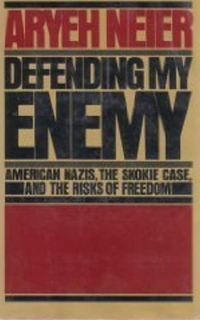Collection
Free Speech Culture
A lot of great books here, by @JMchangama @jon_rauch @JonHaidt @tmbejan @HealyProf & @ericberkowitz4
- Curated in Free Speech Culture
With a unique & international perspective, @JMchangama’s timely & thorough “Free Speech: A History from Socrates to Social Media” shows how ancient & global the fight for free speech has been.
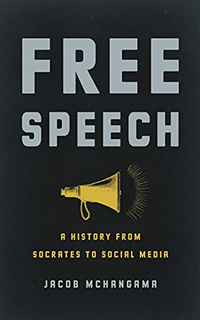
- Curated in Free Speech Culture
The most important book of 2021 IMO was
@jon_rauch
’s Constitution of Knowledge. Jon covers crises in our knowledge producing fields, higher education & journalism, & reveals the true value of The Enlightenment: the discovery of our profound ignorance.
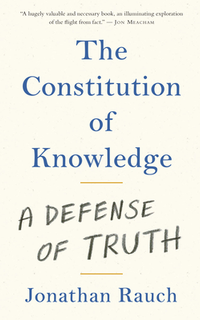
- Curated in Free Speech Culture
If you’re unfamiliar with the ancient Greek concepts of isegoria & parrhesia, or you’re unaware of the impact that Rhode Island founder Roger Williams had on the American model for free speech, go pick up a copy of @tmbejan’s great “Mere Civility.”
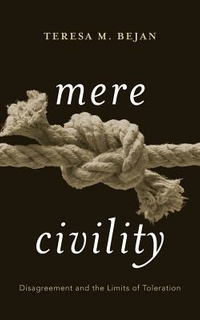
- Curated in Free Speech Culture
In “A Wicked Company: The Forgotten Radicalism of the European Enlightenment,” Philipp Blom reminds us that some of the strongest arguments for free speech were articulated in repressive societies.
- Curated in Free Speech Culture
Michael Kent Curtis’s “Free Speech, The People’s Darling Privilege: Struggles for Freedom of Expression in American History” gives a crash course on the state of the culture of #freespeech under a much weaker #FirstAmendment leading up to 1925.
- Curated in Free Speech Culture
John Stuart Mill’s 1859 treatise On Liberty remains the single most influential work on free speech in history. Check out “All Minus One,”
@HdxAcademy
’s beautifully illustrated version of the seminal work.
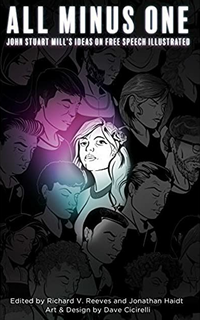
- Curated in Free Speech Culture
In “Free Speech in its Forgotten Years, 1870-1920,” David M. Rabban details the period between the enactment of the 14th amendment & when SCOTUS finally used it to give the 1st amendment teeth.
- Curated in Free Speech Culture
In their 1915 Declaration of Principles & 1940 Statement on Academic Freedom & Tenure, the
@AAUP
laid out the compelling case that free speech is critical in academia, & that its protection is as reliant on cultural norms as it is on 1A case law.
- Curated in Free Speech Culture
“The Great Dissent” by
@HealyProf
details how thinkers like Learned Hand & Harold Laski persuaded Justice Oliver Wendell Holmes to reinterpret the #FirstAmendment to actually mean something in the real world.
- Curated in Free Speech Culture
Past ACLU President Nadine Stossen reads West Virginia v. Barnette in the only court decision on this list. In it #SCOTUS established that school children couldn’t be compelled to make a value-laden commitment like the pledge of allegiance.
- Curated in Free Speech Culture
Judge Learned Hand’s 1944 poetic speech, “The Spirit of Liberty” remains a stirring call to action, making the case that liberty must be safeguarded “in the hearts of men & women” rather than rely on being enshrined in law.
- Curated in Free Speech Culture
Aryeh Neier’s “Defending the Enemy” refutes “for me but not for thee” hypocrisy in free speech discourse. If you are surprised that a Jewish refugee of Nazi Germany could see the value in Neo Nazis’ free speech rights you need to read this classic.
